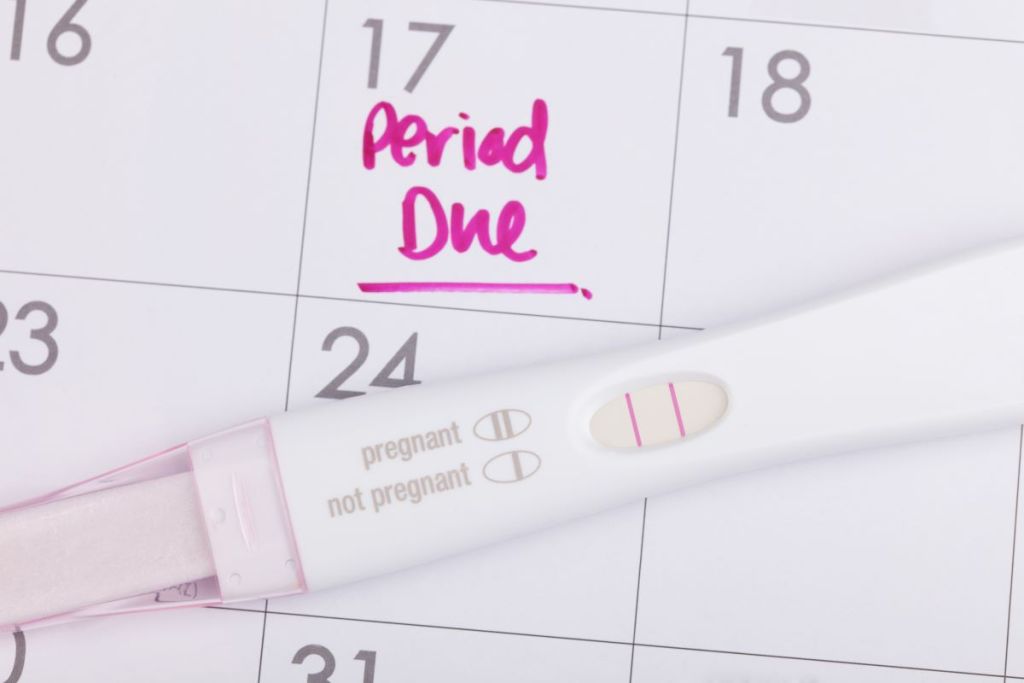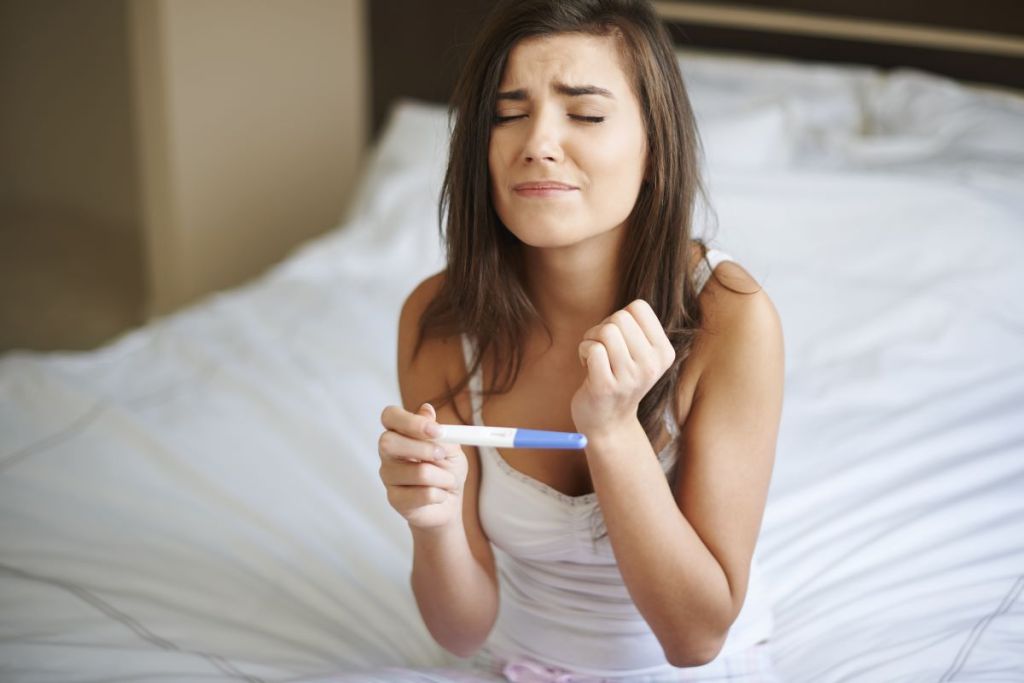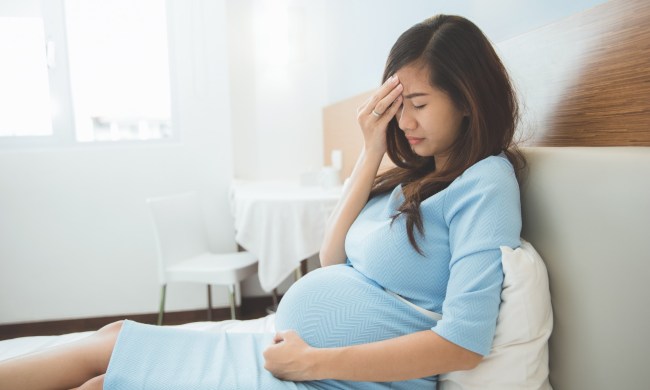How soon can you take a pregnancy test? From the time home test kits first came along until now, couples have pondered this question. After all, the prospect of a major life change could be on the horizon! We’ll look at the best time to take a home pregnancy test in order to get accurate answers and also how to avoid the roller coaster of false negatives. Plus, we’ll get into the factors that might affect test results.
How early can a home pregnancy test detect pregnancy?
First off, you might exercise some caution with the brands that claim to give you an answer on the first day that you miss your period — or even before that point. In fact, the earliest you should take a home pregnancy test is after the first day of your missed period. This has everything to do with hormone levels that occur shortly after implantation when the fertilized egg attaches itself to the uterine wall. At this point, the placenta starts developing, and all the while it produces a hormone called the human chorionic gonadotropin or hCG. Once this hormone comes into play, it can be detected in the blood and urine. If you take the test too soon, the hCG hormone is quite difficult to detect.

Best time to take a pregnancy test
Pinpointing the best time to take a test, therefore, proves to be a challenge. On the one hand, during the first few days of pregnancy, hCG production doubles every three days. Regardless of the rapid change, finding the perfect time of the month for taking a pregnancy test is still difficult. Why? You must factor in your ovulation patterns and the day that the egg was fertilized. In other words, if your menstrual patterns are regular, you can predict the best day to take a pregnancy test and get an accurate reading. However, if you’re irregular, then figuring out when you’re supposed to get your period, much less whether you need to take a test, seems like an impossible feat. You’ll also need to keep in mind that the fertilized egg, if it was fertilized in the fallopian tube, still has some traveling to do, which would affect when the hCG hormone becomes detectable.
Thus, the best choice is to make your best guess and mark on the calendar when your period would have started (even if you’re irregular) and from there, start estimating the best time of the month to take a pregnancy test. If you err on the side of waiting longer, your chances of getting an accurate reading increase with the likelihood of more hCG being detectable.
In addition to choosing how soon after the first day of your missed period you should take the test, you also have to consider the time of day. As previously mentioned, the hCG hormone is detected in your urine stream. Hence, the best time to take a test is right after waking up in the morning. At this point, you’ve probably drunk very little water before going to bed, and you haven’t eaten anything since the evening before. Therefore, this first-morning urine will have a more concentrated level of hCG and consequently will yield a more accurate result. Nevertheless, you don’t have to stress if you keep forgetting. (After all, not everyone is alert upon waking up.) If you’ve already waited for 3 to 5 weeks after skipping a period, then your hCG level will be even higher and easier for the test to pick up.

How accurate are home pregnancy tests?
Most brands claim to be 99% accurate, and some are more sensitive to the presence of hCG than others. You can take a test and then opt to take a second one a week after your missed period to try to get a more solid answer. Nevertheless, the only sure way of knowing whether you’re pregnant is by getting a lab order (most likely a blood test) from your healthcare provider and getting the results from him or her. And if you think you might be pregnant even after getting a negative result from a home test, then you should make an appointment just to play it safe.
What causes a false negative?
The primary reason for getting a false negative is taking the test too early, too soon after the possible conception took place. If you take the test before the first day of what would have been your menstrual cycle, you might not receive a reliable negative result.
Another factor that affects the accuracy of your result is not following the instructions and checking too soon. It’s understandable to be excited to find out if you’re expecting, but you should probably still set a timer anyway and if necessary, leave the room to avoid the temptation of reading your test too quickly.
Yet another reason behind a false negative involves the time of day. If you take the pregnancy test later in the day, then the hCG content becomes more diluted since you’ve taken in more food and liquids. So, morning is still best.
Regardless of the results of your home pregnancy test, you should check in with your doctor. In the event of a positive or mixed result, you’ll have to undergo a blood test, which is more accurate than the urine test or perhaps even an ultrasound to confirm the pregnancy and—if this is the great news you’ve been waiting for—to estimate your due date.



